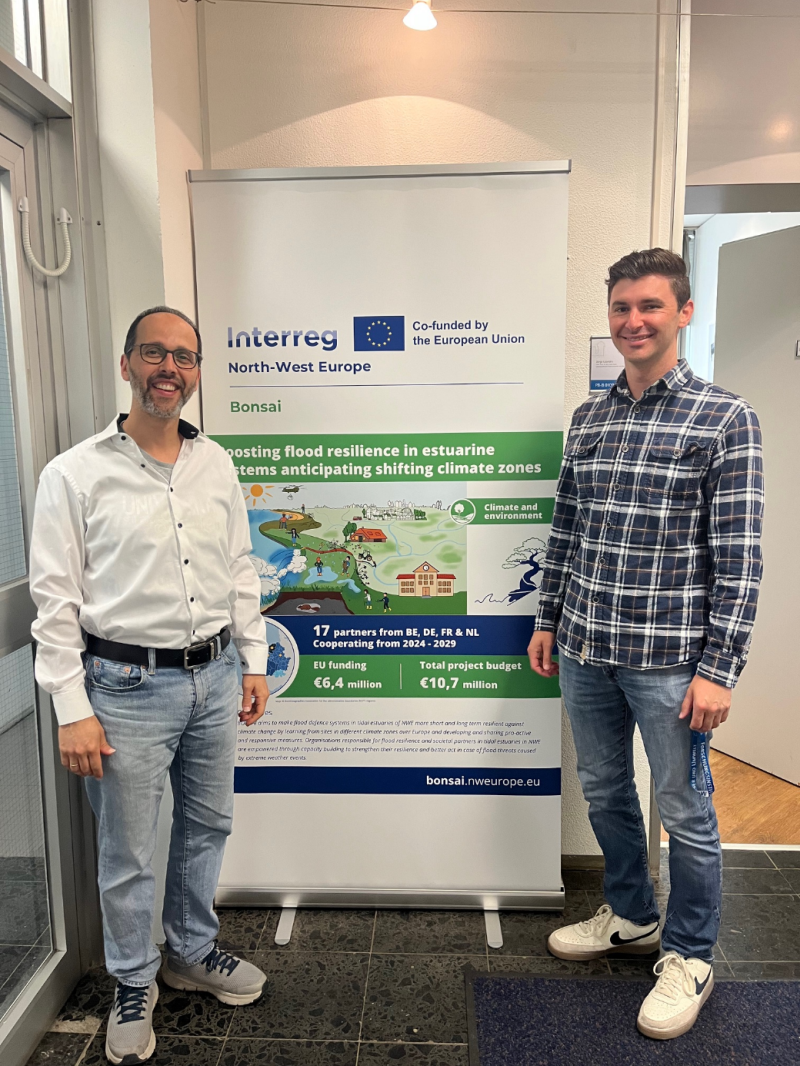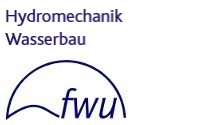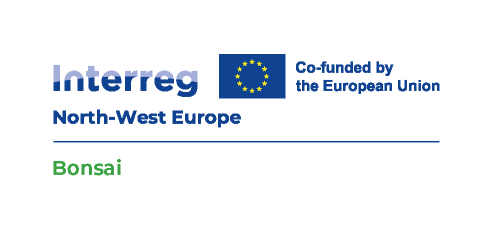BONSAI - Boosting flood resilience in estuarine systems anticipating shifting climate zones
Project Data
| Duration: | 01.01.2025 - 30.06.2029 |
| Lead: | Stichting Toegepast Onderzoek Waterbeheer (STOWA, NL) |
| Partners: | KU Leuven (BE), University of Lille (FR), Rijkswaterstaat (NL), Department of Mobility and Public Works (BE), HZ University of Applied Sciences (NL), Cerema (FR), Ministry of Defense (NL), Flemish Waterways (BE), Waterboard Noorderzijlvest (NL), ISL Engineering (FR), Regional Water Authority of Hollands Noorderkwartier (NL), ESTP (FR), Catholic University of Louvain (BE), Research Institute for Nature and Forest (BE), Radboud University (NL) |
| Project Management: | Taylor Johnson, Jorge Leandro |
| Project Funding: | Interreg North-West Europe |
| Funding Program: | 2021 - 2027 Interreg VI-B North West Europe |
| Further Information: | https://keep.eu/projects/30766/Boosting-flood-resilience-i-EN/ |
Aim and content of the project
Climate change is increasingly impacting Northwest Europe (NWE), bringing intensified rainfall, storms, droughts, flooding, and sea level rise—especially in vulnerable estuarine regions. The BONSAI project addresses this challenge by enhancing the resilience of flood defense systems in tidal estuaries across NWE through international collaboration and knowledge exchange.
BONSAI’s main objective is to improve both short- and long-term resilience of these systems by drawing insights from locations across different European climate zones. The project empowers flood management authorities and societal partners through capacity building and shared solutions, enabling more proactive and responsive flood management.
Key outcomes of the project will include:
• A transnational strategy for national flood authorities and three action plans tailored to regional and local needs.
• Five tested solutions enhancing robustness, resilience, and disaster management in estuarine areas.
• A suite of training programs and the establishment of a transnational Flood Academy to build a skilled, future-ready workforce.
BONSAI takes a holistic approach by integrating the multi-layered water safety concept—prevention, disaster management, and spatial planning—and encourages cross-border learning, with NWE countries applying southern Europe’s experiences to anticipate future climate scenarios.
At least four public authorities across France, Belgium, and the Netherlands will begin implementing the BONSAI strategy and action plans by the project’s conclusion. Six project partners will deploy the developed solutions, which will also be available for broader use.
In doing so, BONSAI not only strengthens immediate flood defense but also builds a sustainable framework for long-term adaptation and cooperation across regions, helping ensure safer, more resilient estuarine communities throughout NWE.






